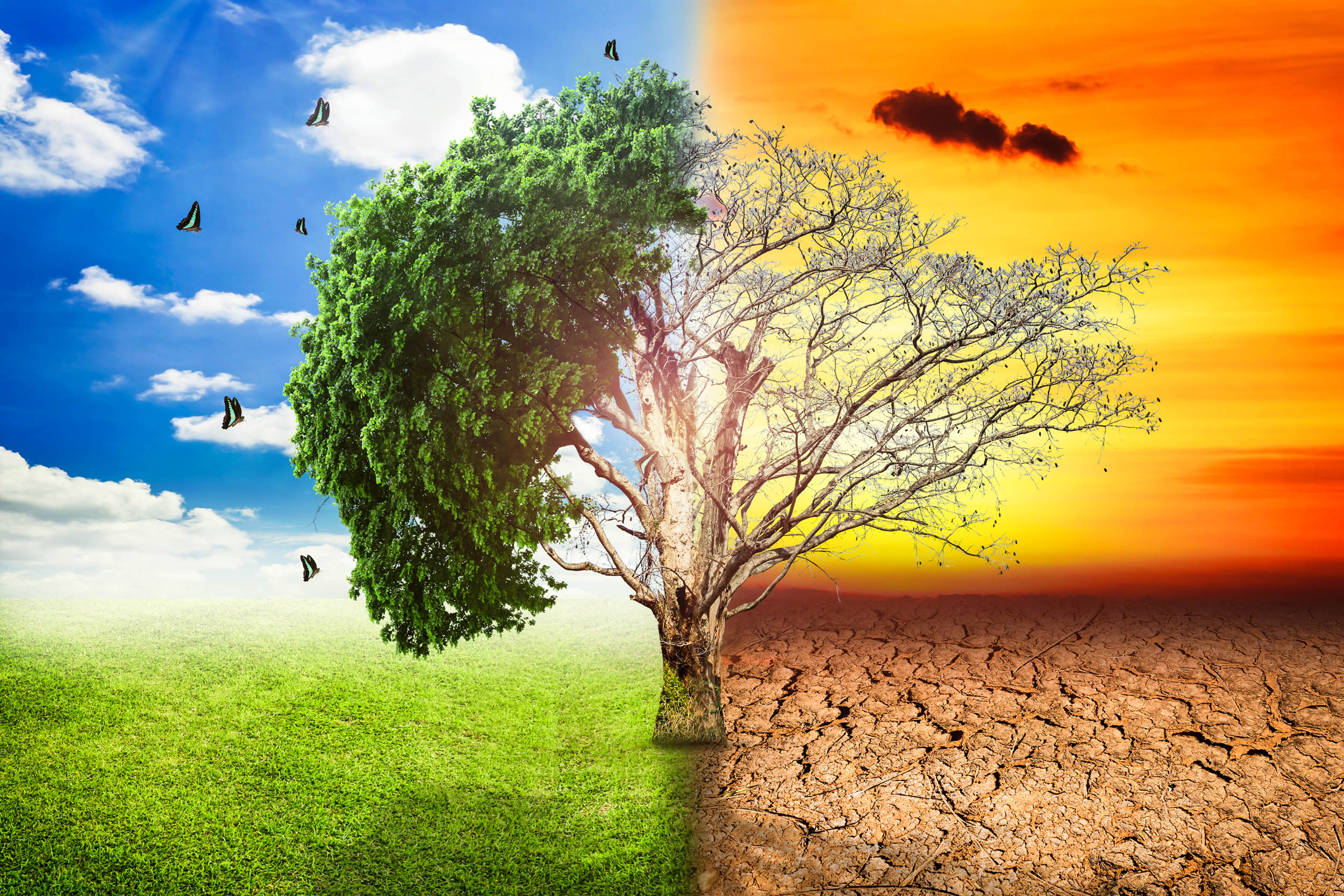I am usually quite optimistic about the future and the development of sustainable solutions. In my view, there is no doubt climate change is problematic, and I often believe others are of the same opinion. However, it really shocks me when some politicians turn the debate from “how should we prevent global warming?” to “is climate change just a hoax?” Humanity has sunk low when science is seen as a faith rather than a tool for progress. The acceptance of climate change denial is among the most destructive actions for our planet. How can we work together against global warming when so many tend to avoid science?
Of course, a critical eye towards research is necessary – but there are actually few other scientific fields of research with more agreement and documentation than the science related to climate change, and the fact is that it is triggered by humans. More than 97 percent of all climate scientists in the world state man-made climate change is a reality, according to a big survey by Sceptical Science with more than 1200 scientists participating. Despite this unusually large consensus, terrifying numbers of people and politicians destroy the credibility of science. Worst of all, presidents and leaders such as Donald Trump and Vladimir Putin receive support for their climate change denialism. They cherry pick single articles and reports which say climate change is natural and nothing to worry about. Moreover, they use arguments which are not based on scientific facts. Instead of engaging with their opponents, they reject the arguments and claim climate change is a discussion about faith.
To vent my frustration, I have gathered three common arguments I often hear when discussing with climate change deniers:
1) The temperatures on earth have not risen significantly the past twenty years. Obviously, there is no man-made climate change, it is only natural changes in temperature.
Well, the first part is a fact. However, twenty years are not enough to measure bigger changes. This is claimed by UN´s IPCC Fifth Assessment Report and other scientific groups. The lower rate of increase in global temperature over the past twenty years is mainly due to a period of natural changes in ocean circulation that has resulted in increased storage of heat in the sea. Now, this period is over – something that has clearly been seen among the many heat records in the last couple of years.
2) Greenhouse gases do not have a considerable impact on the climate. The sun has the biggest impact, so there is no point in reducing our greenhouse gas emissions.
The sun is definitely important when it comes to climate on earth, but this is not a valid argument against greenhouse gases having an influence on temperature. The UN climate panel shows in its main report that the annual sea ice distribution on the Arctic is decreasing, the temperature in the permafrost increases, the ice in Greenland decreases and the upper parts of the sea have become warmer. This has mainly happened in the last decades – after greenhouse emissions increased.
3) Carbon dioxide is a natural gas which nature needs.
The increased emissions of CO2, together with other greenhouse gases, help to enhance the natural greenhouse effect in the atmosphere. If CO2 emissions continue like today, the average temperature will rise to 2,4-3 degrees by 2070, according to the IPCC. A three-degree increase will result in major consequences in terms of increased ocean levels, more extreme weather, changing ocean currents and loss of species to mention just a few things. Of course, CO2 is a natural gas, but there is nothing normal with the enormous amount of emissions caused by humans the last decades.
One of the most dangerous things we can do in the climate debate is to confuse facts with faith. Even if you don’t like the truth, you must nevertheless relate to science. To solve climate-related issues, we have to accept that manmade climate change is real. We have to believe in science! Only then can we start to take effective action to create a more sustainable world.
Vilde Marie Ystmark, leader of the Climate Change Programme Team in Unge Venstre (Liberal Youth of Norway) and team member of IFLRY´s Cimate Change Programme
Source reference:
- https://www.theguardian.com/environment/climate-consensus-97-per-cent/2013/may/16/climate-change-scienceofclimatechange
- http://theconsensusproject.com
- http://www.ipcc.ch/report/ar5/wg1/
- http://www.climatechange2013.org/images/report/WG1AR5_SPM_FINAL.pdf
- https://www.theguardian.com/cities/ng-interactive/2017/nov/03/three-degree-world-cities-drowned-global-warming
- https://www.sciencedaily.com/releases/2012/05/120515131634.htm


1 comment